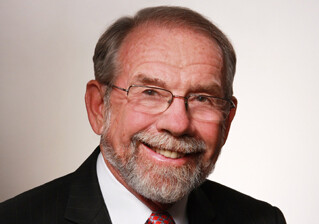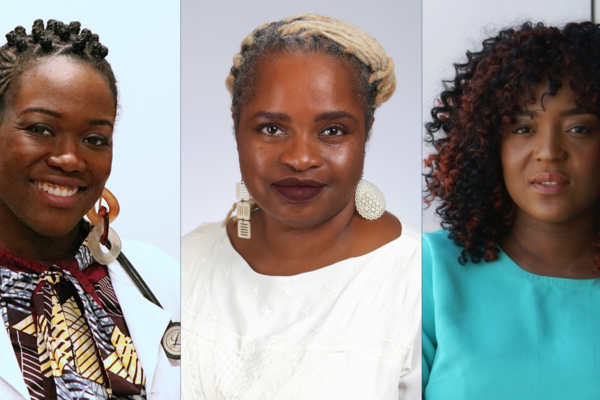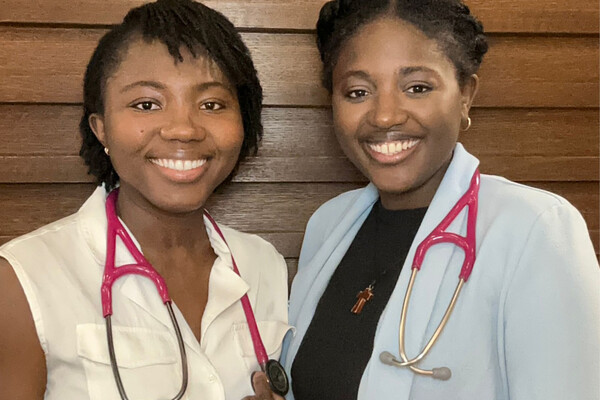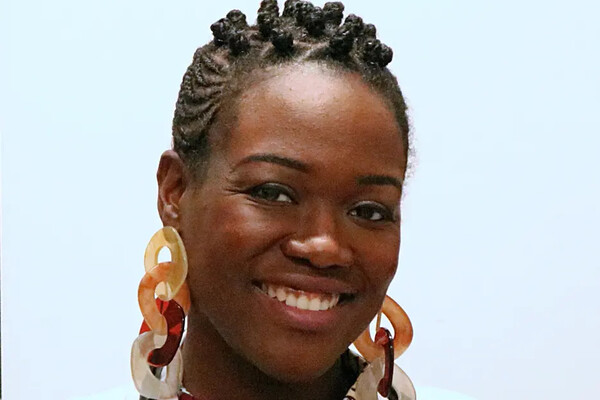Q&A: George Thibault on Interprofessional Education and Health Care

Interprofessional teams are changing patient care in hospitals and health facilities around the world. Doctors, nurses, pharmacists, physician assistants, rehab specialists, social workers and other health professionals increasingly work together to deliver better care than specialists who work alone.
But this revolution has moves in fits and starts. Hospitals, clinics and community health providers have to re-organize and coordinate how they deliver care. Some health professionals are reluctant to share new responsibilities. Most importantly, medical and health professional schools must teach students how to work in teams.
The Josiah Macy Jr. Foundation has been a leader in interprofessional education (IPE) through grants for education programs and research. George Thibault is the foundation’s president. Before joining the foundation, Thibault was Vice President of Clinical Affairs at Partners Healthcare System in Boston and Director of the Academy at Harvard Medical School, where he spent four decades.
On December 2, Thibault will give the keynote address at Reaching the Summit, a conference on interprofessional care (IPC) and IPE hosted by the University of Toronto. Thibault spoke with Faculty of Medicine writer Jim Oldfield before the event.
When did you first take an interest in IPC?
I’ve had an interest in interprofessionalism throughout my career, although we didn’t call it that. From early in my career I learned that working in a team led to the best care. We weren’t explicit about what we were doing, as I look back on it. And we weren’t explicit about making it an educational goal. That’s the revelation I had when I came to the Macy Foundation seven years ago. I had a chance to step back and think about what we should be doing in education to better prepare health professionals for the changing world in which they will work. It was apparent that we needed to be much more explicit about educating people to work in teams.
Why is IPE essential for IPC?
We won’t be able to reform and improve the health care delivery system unless we focus on the education of the health professionals who will work in that system. That’s a core belief I have; it’s a driving force in my career and the reason I came to the Macy Foundation. Education is central to what happens in the delivery system. But I’ve gained more insight as I’ve looked at the issues more broadly from the perspective of the Foundation. It’s important to think about what and how all health professionals learn across the full trajectory of their education. Their education continues after their formal training ends, and we’ve probably paid too little attention to that.
Many U of T faculty members say we have a good model for IPE but that we need to be better at IPC. Do you have any advice on how to do that?
I’m hoping to learn some in Toronto [laughs]. I think that’s a challenge everywhere, and it was the subject of a recent Macy Foundation conference. It’s a crying need, to bring together education reform and practice reform. Either one independently will not be successful. The education should be informed by the practice needs, and the practice should include within it an educational mission. That way, we can train the next generation of health professionals in a collaborative practice environment that models the behaviours we’re trying to teach. We need more opportunities to bring educational leaders and practice leaders together, so that we see education and practice as unified and with the same goal of better patient care.
Are there any IPE activities that have worked especially well?
We have several good models for IPE in simulation and real clinical experiences. A lesson we’ve learned is that the most meaningful IPE activities involve real work. So, problem-solving: whether it’s to improve the quality of care or patient safety or to improve community health. Simulation has been a powerful tool to prepare people for that kind of problem solving. But experiences in the field are important, for example in community health centres or home visits. These experiences bring learners together in a real-world setting with appropriate supervision, so they can see that the skills they’ve learned in interprofessional work have immediate application to patient care.
Do we need more evaluation of IPC and will that be critical for gaining more support for it?
Yes and yes. Evaluation needs to become a more important part of our academic agenda, so we can develop the tools to better measure effective functioning and outcomes. There is a growing body of evidence that well-functioning teams lead to better outcomes, in terms of patients’ health, cost-effectiveness for health care systems and, importantly, for satisfaction of patients and health professionals. But we need to strengthen that evidence and that’s one of the reasons we’ve supported the National Center for Interprofessional Practice and Education in Minnesota. Part of the charge of that Center is to build a body of evidence so we understand which elements are important, at the education and practice ends, in getting those better patient outcomes. Right now we have an uneven evidence base in some settings and some diseases. So we need to broaden that evidence and also find out where interprofessionalism may not apply as well.
What is the future of interprofessionalism globally?
It’s gaining traction. I’ve been very impressed by the Institute of Medicine, National Academy of Sciences, and its forum on innovations in health professions education. They’ve made IPE a cornerstone, with international participants including a team from Toronto. So there’s a growing realization that interprofessionalism is essential for a patient-centred and efficient health care system. We just need to figure out how to do it better, how to measure it and how to understand which targets are most likely to benefit while acknowledging that not everything should be done interprofessionally. The other part of the change, which I’m feeling very optimistic about, is cultural. The health professions are seeing themselves more collectively, rather than in a hierarchical way and I think that will be very beneficial for health care systems. This is in some ways a golden moment.
News


